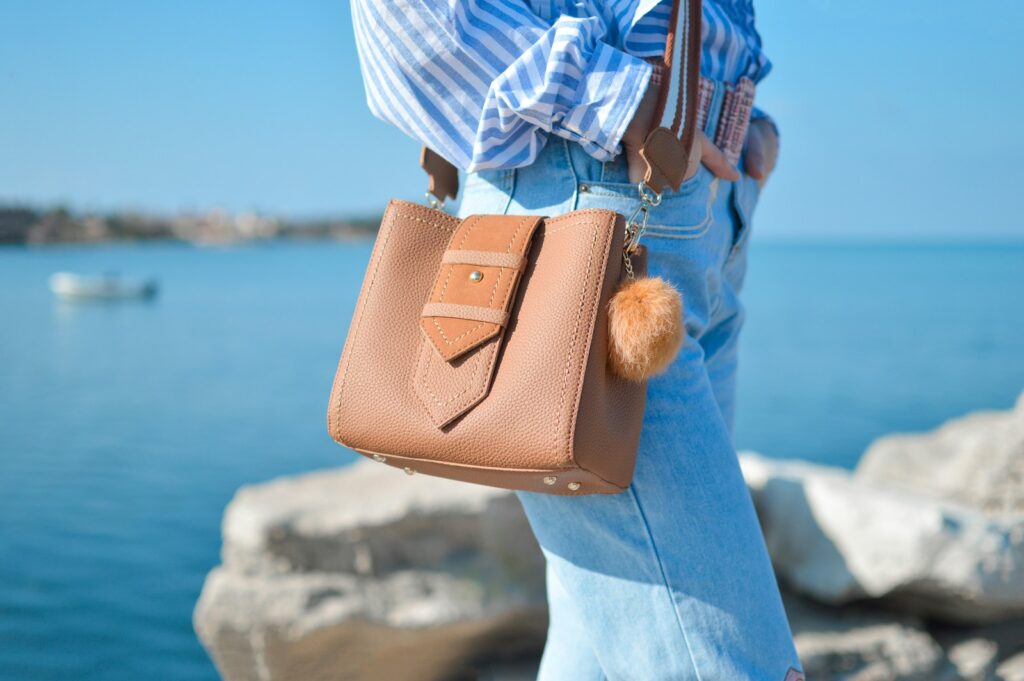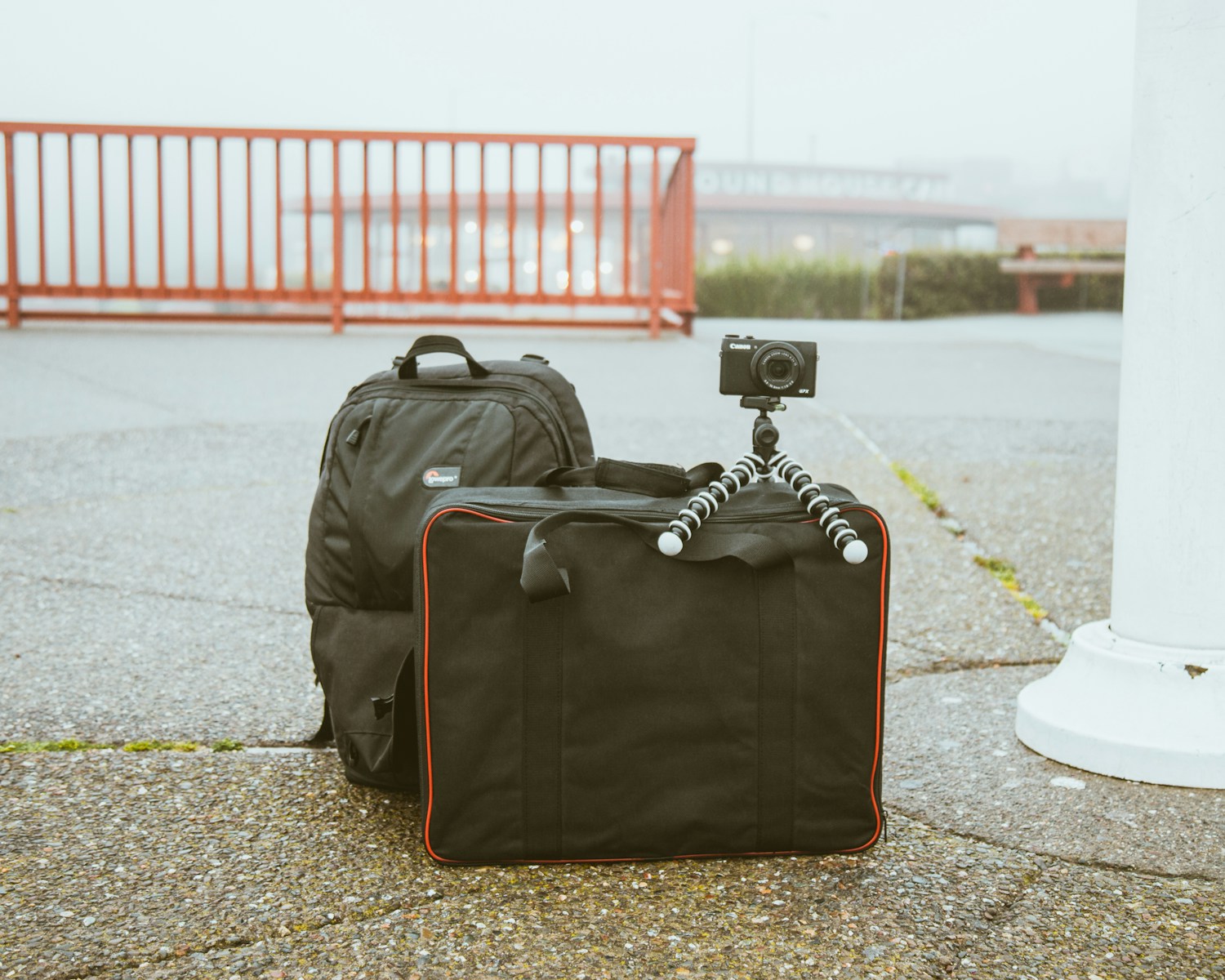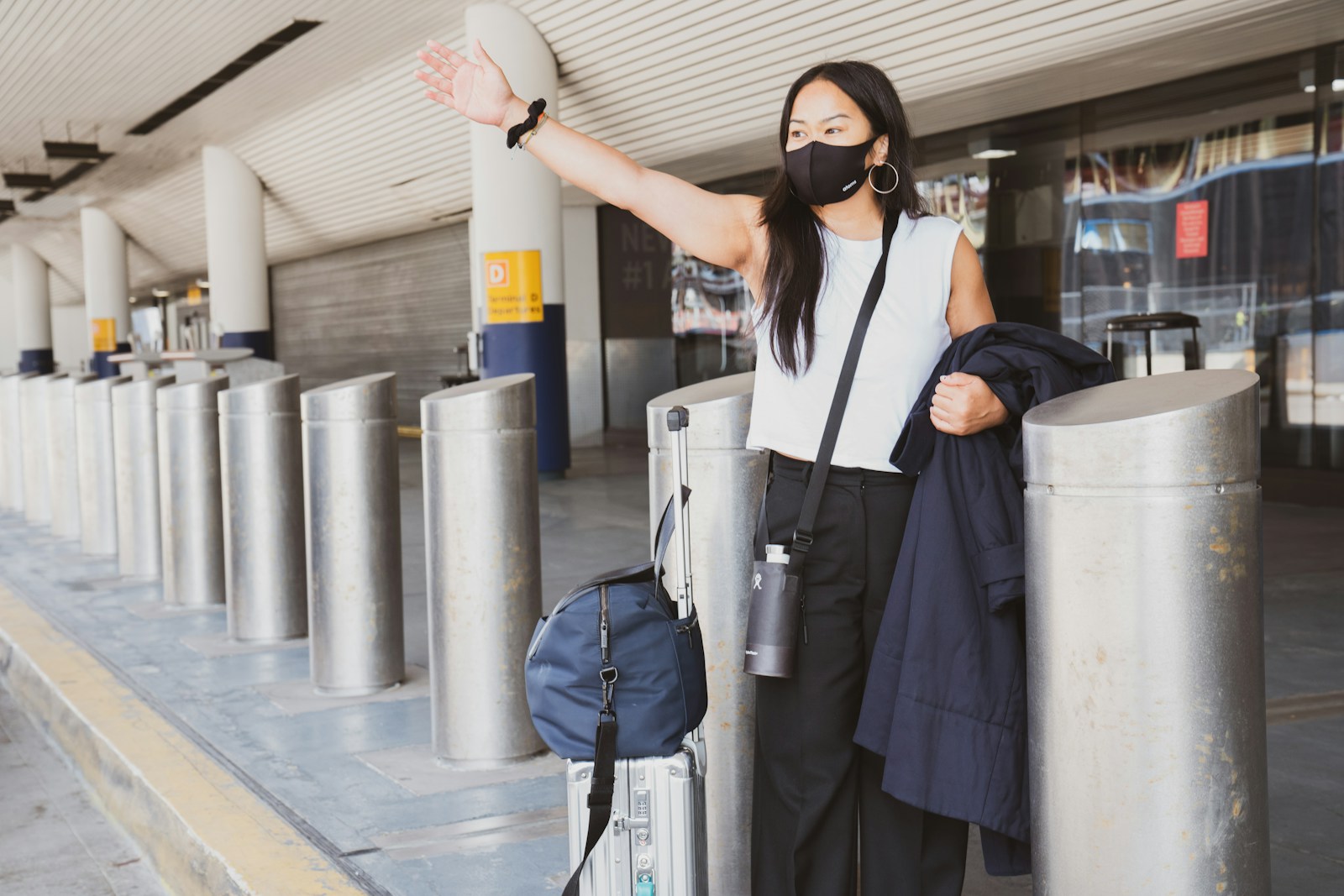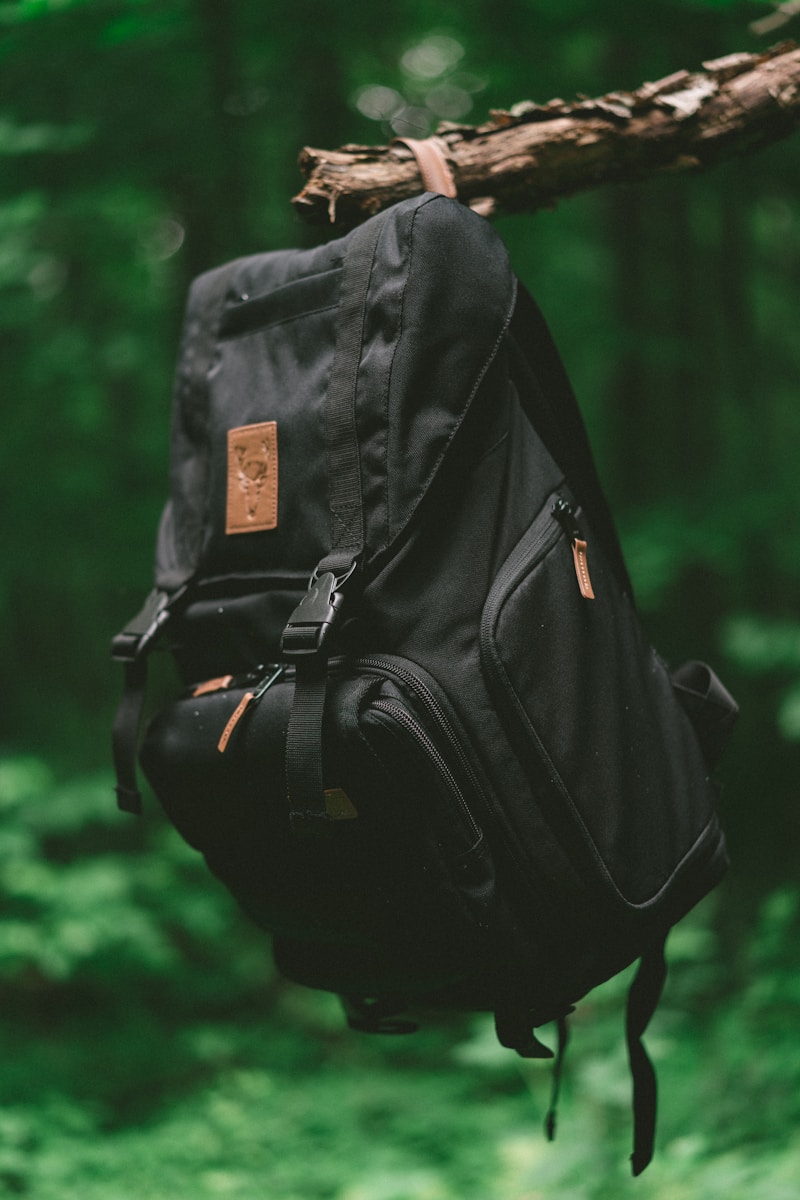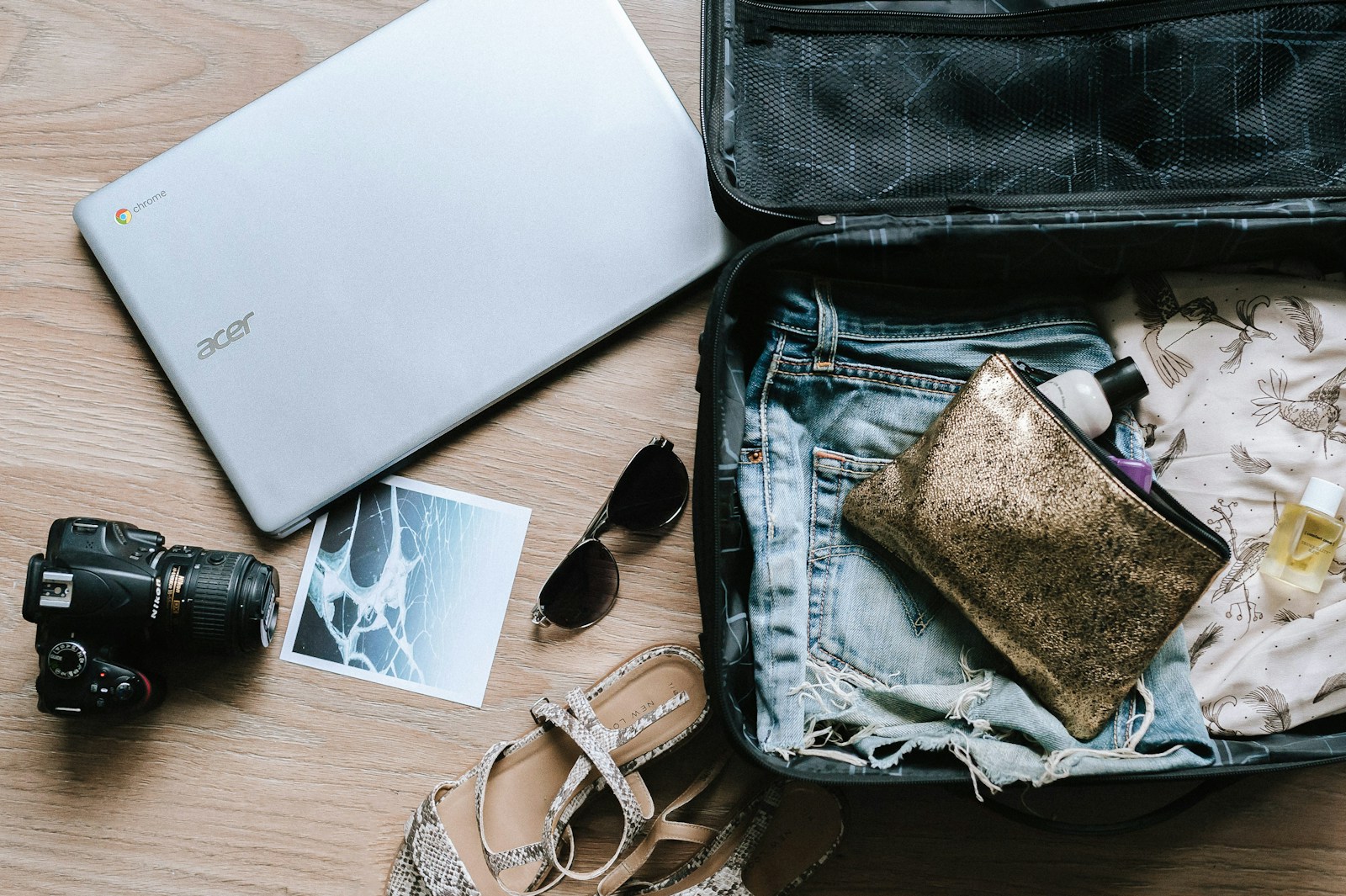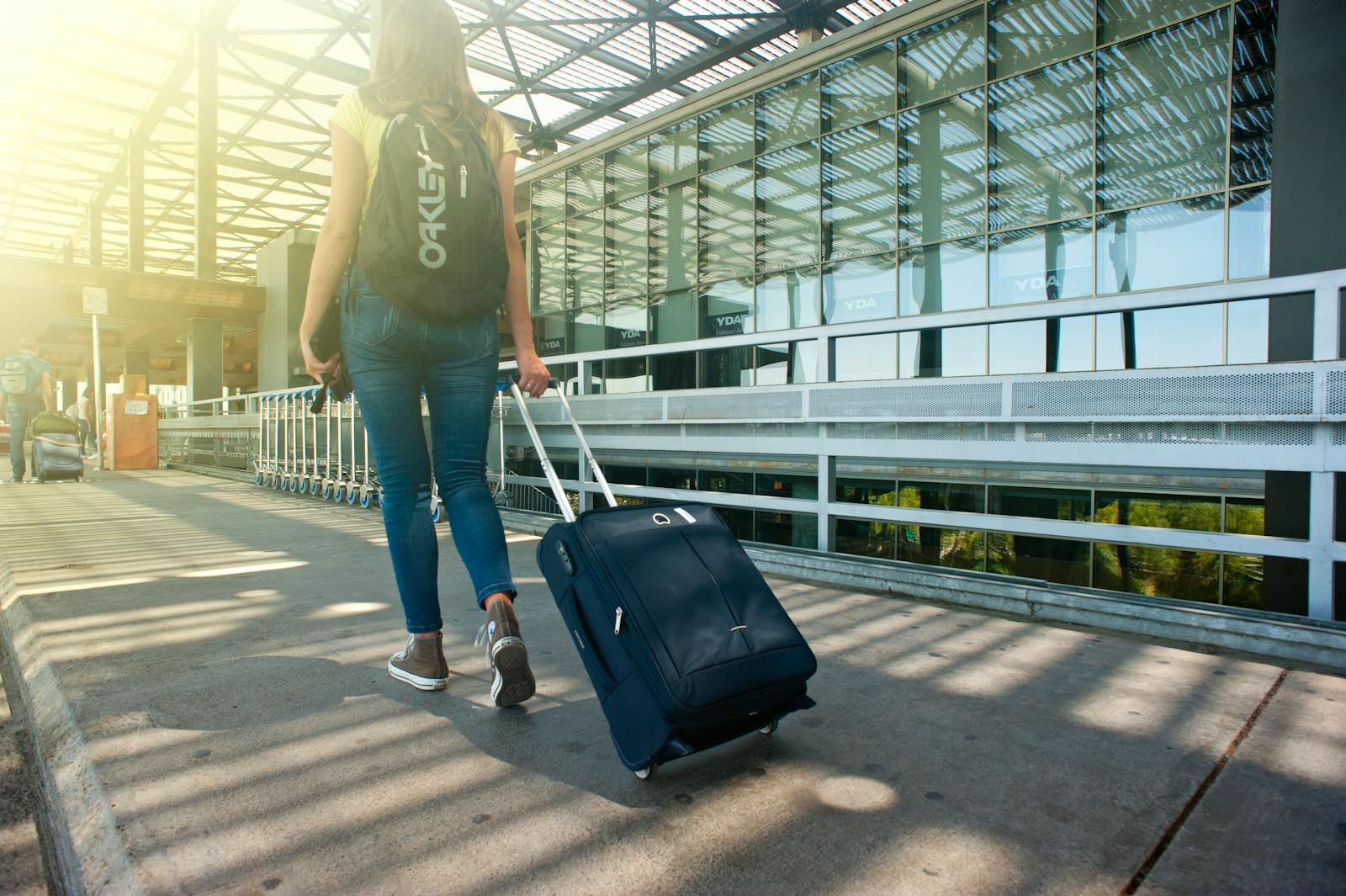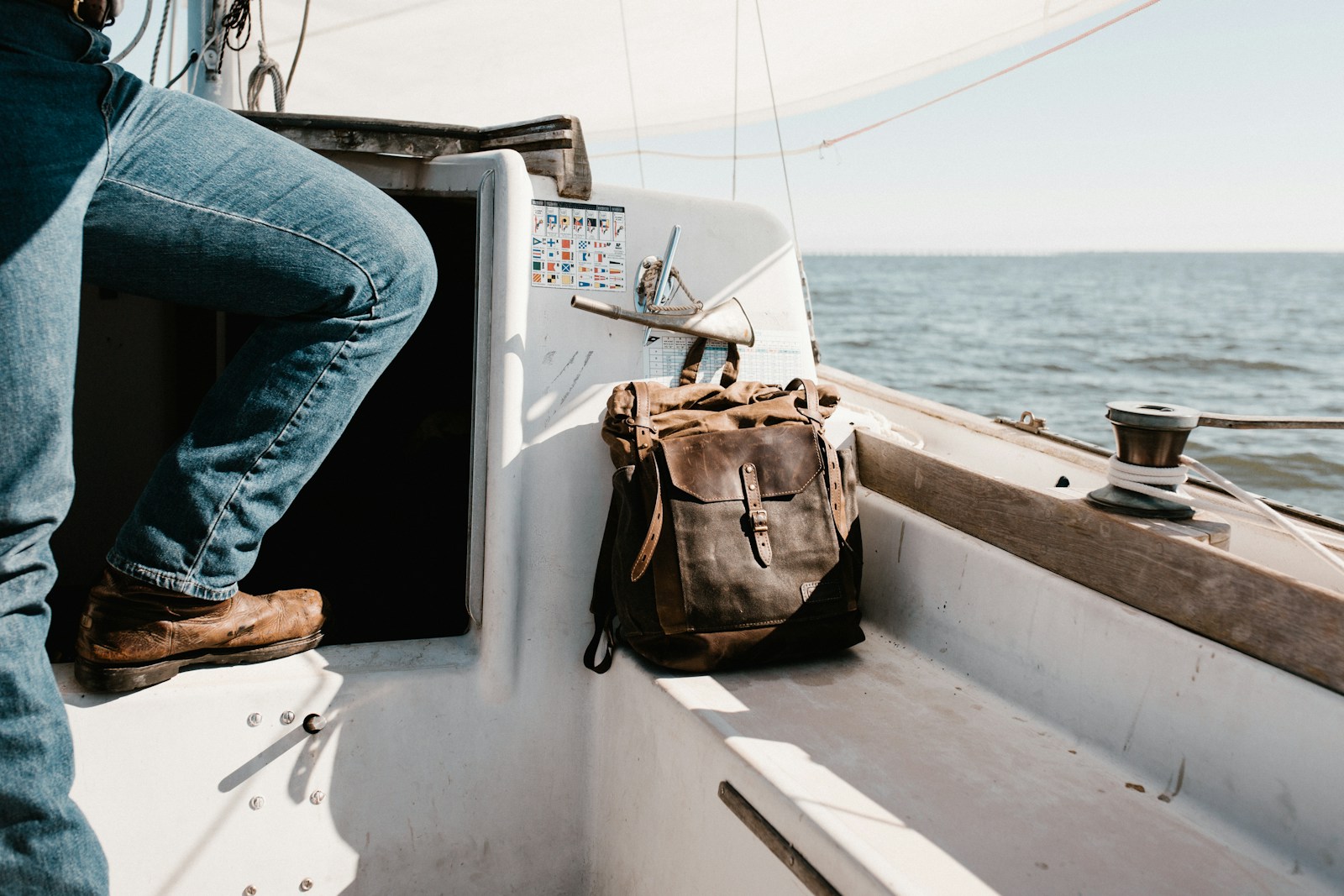If you’ve ever found yourself caught in the grammatical crossfire of choosing between “my travel bag” or “my travelling bag,” you’re not alone. This linguistic dilemma is common among travel enthusiasts, language learners, and digital nomads. Selecting the right term not only impacts your language accuracy but also enriches your writing style.
In this blog post, we’ll unravel the nuances between “travel” and “travelling,” explore their correct usage, and highlight how language variations can influence your choice. Expect to gain clarity on English grammar, discover contextual examples, and interact with fellow readers to share personal experiences. Whether you’re packing for a trip or honing your language skills, understanding these terms will enhance your communication.
The Great Grammar Debate
When it comes to choosing between “travel” and “travelling,” the distinction might seem trivial, but it carries significant weight in grammatical correctness. Both words originate from the verb “to travel,” yet their applications differ depending on their grammatical context. Understanding these distinctions is especially important for those passionate about language learning or engaging with diverse English-speaking cultures.
In essence, “travel” is typically used as a noun or a verb, while “travelling” often functions as a present participle or gerund. Recognizing when to use each form can enhance your linguistic proficiency and improve your writing clarity. It’s a simple yet crucial aspect of mastering the English language, and we’re here to guide you through it.
Whether you’re a globe-trotter, a budding linguist, or someone curious about language, grasping these subtleties can assist you in expressing yourself more accurately. Let’s dig deeper into the differences and help you conquer this grammar conundrum.
Understanding the Difference
Travel as a Noun and Verb
In its simplest form, “travel” can be a noun or a verb. When used as a noun, “travel” refers to the act or process of moving from one place to another. For instance, “My travel was lengthy.” In this example, “travel” embodies the concept of the entire journey itself.
When used as a verb, “travel” denotes the action of going to different places. For example, “I travel frequently for work.” Here, “travel” is an action being performed by the subject. This dual function makes “travel” a versatile and commonly used word in the English language.
Travelling as a Present Participle and Gerund
On the other hand, “travelling” serves as both a present participle and a gerund. A present participle is used in creating continuous tenses, such as “She is travelling to Europe.” In this case, “travelling” describes an ongoing action.
As a gerund, “travelling” functions as a noun describing an activity. For example, “Travelling is my passion.” In this sentence, “travelling” is the subject of the sentence, expressing the act or experience of travel as a hobby or interest.
Contextual Examples
Travel as a Noun
Consider this scenario: “The travel bag I packed had everything I needed for my trip.” In this context, “travel bag” is a compound noun that describes a bag specifically designed for travel. The emphasis is on the object’s purpose.
Another example is, “His love for travel grew with each new destination.” Here, “travel” highlights the concept of exploring different places, showcasing the broad experience rather than a specific action.
Travel as a Verb
Imagine hearing, “They travel across multiple time zones for meetings.” In this sentence, “travel” acts as a verb, describing the action of moving between different locations. It’s an active component of the sentence that focuses on the movement itself.
Also, “She will travel to Japan next month,” clearly outlines an upcoming action. This usage emphasizes the intent or plan to move from one place to another, illustrating the word’s role as a verb.
Travelling as a Present Participle
Picture this example, “While travelling, she captured unforgettable moments.” Here, “travelling” functions as a present participle, indicating the action occurring simultaneously with another action. It sets the scene for what is happening during the main action.
“We were travelling together when we discovered a hidden gem,” provides another instance. The use of “travelling” portrays an ongoing activity, creating a sense of continuation and narrative flow.
Travelling as a Gerund
In the sentence “Travelling broadens the mind,” “travelling” is a gerund acting as the subject, describing an activity or concept. It demonstrates how the activity of travelling contributes to personal growth and learning.
“My favorite part of the year is the travelling I do during summer breaks,” shows “travelling” as a gerund. The focus here is on the activity itself being a highlight of the person’s annual experiences.
Language Variations
American English
In American English, you’ll often see “travel” used as both a noun and a verb, while “traveling” with one ‘l’ is the preferred spelling for the gerund or present participle. This difference is rooted in American spelling conventions that favor simplification.
For example, “I enjoy traveling during the holiday season” is a common phrase in the United States. The single ‘l’ aligns with American English’s tendency to streamline spelling for ease and consistency.
British English
Conversely, British English tends to use “travelling” with a double ‘l’ for the gerund or present participle form. This reflects the British preference for retaining traditional spellings, even when they involve more letters.
A British speaker might say, “She is passionate about travelling across Europe.” Here, the double ‘l’ is retained, which is consistent with other British spellings like “cancelling” and “modelling.”
Canadian and Australian English
Both Canadian and Australian English frequently follow British conventions, using “travelling” with two ‘l’s. However, Canadian English sometimes incorporates American spellings due to regional influences.
For example, “Travelling is a common pastime in Australia” would align with British spelling norms. This usage showcases the regional influences that affect English language variations around the world.
Audience Engagement
Share Your Travel Stories
We want to hear from you! What’s your take on this grammatical distinction? Do you have a preference for using “travel” or “travelling”? Share your thoughts in the comments below, and let’s start a conversation.
Have you encountered situations where choosing the right word made a difference in your writing or speaking? Whether it’s a funny anecdote or a learning moment, your insights could help fellow readers enhance their language skills.
Your Favorite Travel Destinations
While you’re here, why not share some of your favorite travel destinations? We’re always eager to learn about new places and gather recommendations from fellow travel enthusiasts. Your stories might inspire the next adventure for someone else.
Language Learning Tips
For language learners looking to master English grammar, what resources have you found helpful in understanding nuances like these? Share any tools, apps, or tips that have aided you on your language learning journey.
SEO Optimization
Keywords for Success
Incorporating keywords effectively can enhance both your language skills and your content’s online visibility. Terms like “travel bag” and “travelling bag” are essential for gaining SEO traction and connecting with your target audience.
Consider using these keywords naturally within your writing. For example, “When packing my travel bag, I prioritize essentials that make the trip enjoyable,” seamlessly integrates the keyword while providing valuable insight.
Boosting Online Engagement
Engage with language-focused communities and platforms to further your understanding of these terms. Engaging in discussions about grammar and language variations online can help you connect with others who share your interests.
By sharing your knowledge and experiences, you contribute to a community of learners and travelers seeking to enhance their skills and broaden their horizons.
Navigating Language Resources
Utilize online resources and language guides to deepen your understanding of English grammar. The internet offers a wealth of information, from grammar tutorials to language exchange platforms, that can enhance your language skills.
Whether you’re exploring travel blogs or participating in language forums, your engagement with these resources will enhance your mastery of English grammar.
Conclusion
In the grand debate of “my travel bag” versus “my travelling bag,” understanding the distinct contexts in which each term is used is key. Both “travel” and “travelling” play important roles in communication, and choosing the right one can elevate your language proficiency.
By grasping their differences and learning about language variations, you’ll be better equipped to express your travel adventures and linguistic insights. Share your experiences, engage with fellow language enthusiasts, and continue exploring the nuances of English grammar.
Whether you’re packing your bags for a new adventure or honing your language skills, remember that every word choice enhances your unique storytelling. Keep exploring, keep learning, and keep travelling—both in your journeys and your language.
